Q: How do you use gun barrel diagrams as part of the DSU Design Service?
A: The new custom models that the Petro.ai Drilling Spacing Unit Design Service (DSUDS) creates are specific to each client’s individual areas of interest (AOIs). The Petro.ai team automatically collects and classifies dozens of relevant data sources- everything from frac van files to formation tops to reservoir quality logs – as much as the client can provide for the target acreage. The Petro.ai DSUDS team works closely with the client team to quality control (QC) the data and incorporate the client team’s specific observational insights and experiences. DSUDS uses this cleaned and prepared data as an input to create a full digital twin of the reservoir, including stress characterization, which is used to create the Frac Fingerprint.

The gun barrel diagram is an important data visualization technique for the Frac Fingerprint section of the DSUDS reports. Pairing gun barrel diagrams with other sensitivities allows clients to evaluate trade offs as they optimize complicated infill DSUs. These infill scenarios come with a high accuracy, better than 90% across all US unconventional basins.
“Two important parameters we’re trying to optimize around are the lateral target of a client’s infill wells and how far to space them from one another,” Dr. Brendon Hall, VP of Geoscience at Petro.ai, explains about the gun barrel diagrams in the DSUDS reports. “The offset direction is an example of how the gun barrel gives you that visual representation of a large volume of data in one glance.”
Kyle LaMotta, VP of Analytics continues, “Many times we see geologists will use PowerPoint to put a few well logs and proposed landing zones in one view. While lining up the TVD of the wells with the TVD of the log is important, this workflow is not dynamic or efficient. Petro.ai dynamically connects all of these data types together, allowing us to run hundreds of scenarios on demand.
“We use gun barrel diagrams for three reasons:
“One is a representation of the physical layout or the arrangement of the wells. With horizontal wells in multiple benches, the gun barrel is the best way to visualize them because map view is going to obfuscate a lot of the details. If you have two wells that are vertically stacked in, for instance, the Wolfcamp A and the Wolfcamp B, you're not going to be able to see that separation on a map view, it’s just going to look like one line. The gun barrel is the best visual representation of a DSU.

“The second reason to use gun barrel diagrams is to visualize the fracture geometries predicted by our Frac Fingerprints. That will show you where the frac is predicted to grow, highlighting any potential interactions. This way you can gain some insights on if the fracs are propagating up or down instead of horizontally. Also, if the wells are too close together, you’ll see lots of interactions. The Frac Fingerprints will actually be touching one another.

“The third reason is to look at the drainage allocations. From the Frac Fingerprint, Petro.ai will allocate production to each drainage area. Those boundaries are a unique visualization of parent/child interactions. You’ll clearly see if a parent well is cutting out the drainage of a child well, suggesting wider spacing may be appropriate.
“Those are the three main things we use the gun barrel diagram for. It’s a visual representation of the full power of the Petro.ai DSU Design Service.”




